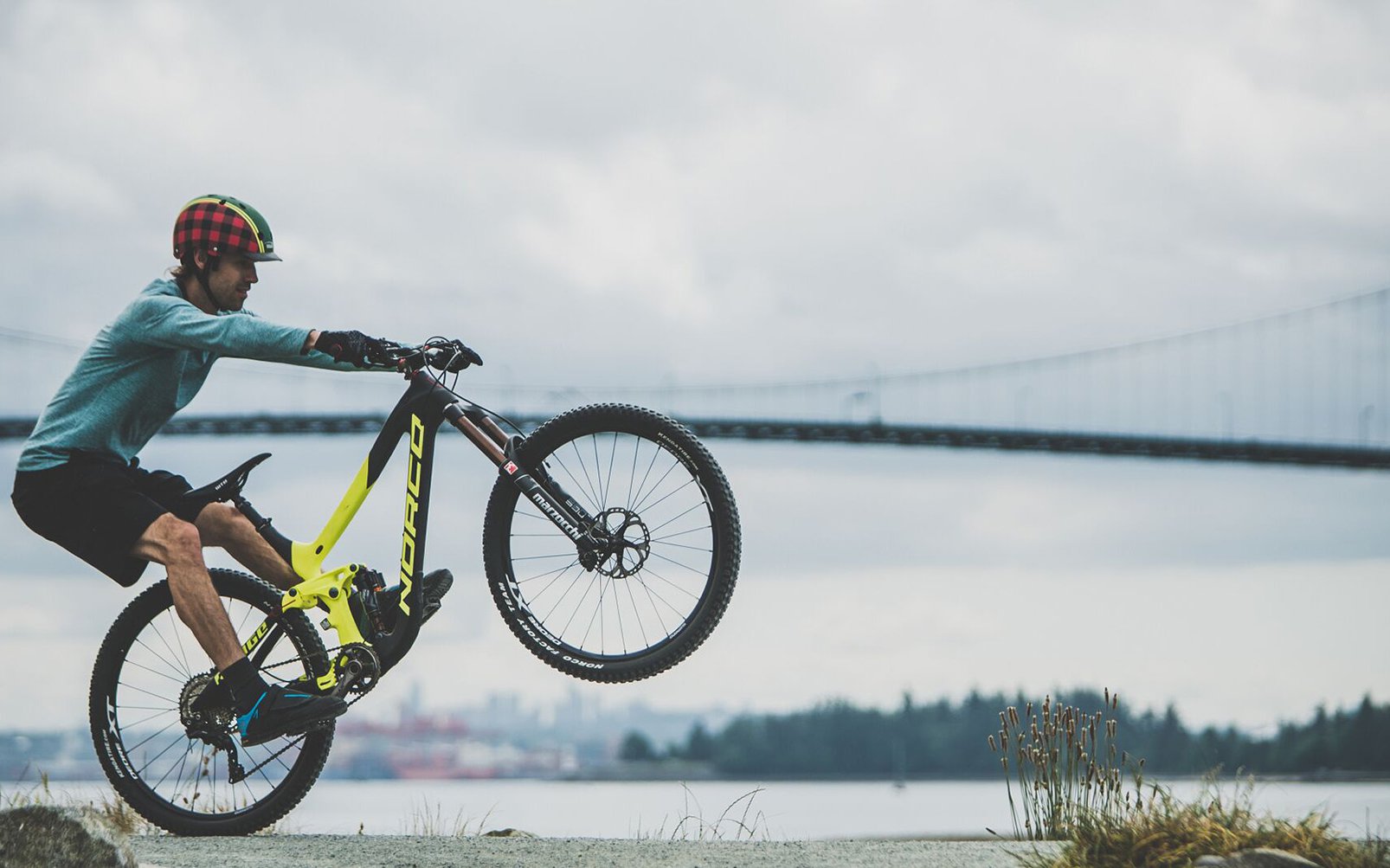
Editorial
How to Make Your Riding More Rad!*
It’s kind of an ugly move. For me that is. I sometimes stand at the top and kick some dirt toward the edge of the drop, as if that will help me ride it. It’s not very big, maybe 3 feet high, but it’s in what is essentially a creekbed. The drop is off an angled log and the landing is narrow and bony. Many riders would ride it the first time without thinking and some wouldn’t even consider it, but it’s not very hard and I have edged toward each group at different times.
It’s at the top of the trail and it’s been a monkey on my back. I haven’t dropped it since returning from injury a couple of years ago. I know I can do it but I end up just riding around it. If I spent some time there and rode it five or ten times I’d never have to think about it again, but I haven’t done that.
Standing on the top I can visualize it all happening. Some speed but not too much, avoid that rock and the bank and then get things under control... But that hasn’t helped and the feeling that I have regressed leaves a bitter taste in my mouth.*Orginally published Apr 17, 2017
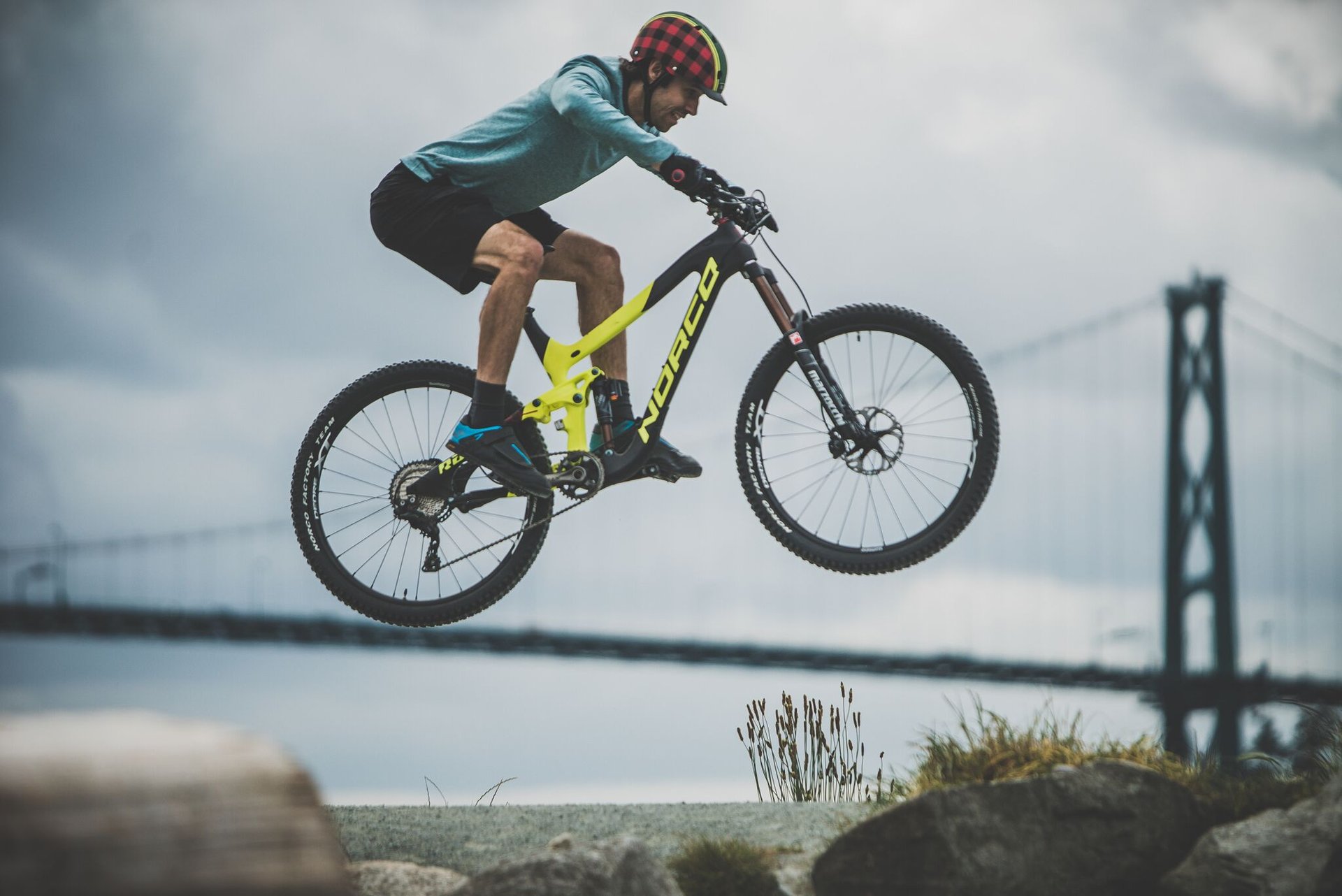
Ryan Leech is a master of practice. Photo - Connor Macleod
What is the secret sauce? How do mountain bikers get better? How do you get to be as good as Steve Peat or Brandon Semenuk? Most of us are trying to improve as we ride. Or at least hoping to. What’s radder than riding a section better than you ever have? Or even more satisfying, cleaning a section you haven’t had the nerve to attempt before? And of course there is going faster, beating your buddies, getting race results; that’s the pulpy goodness that gets us stoked about saddling up.
If you have played any sport you probably know someone who seems to be naturally gifted. The sort of jerk who catches on quickly and before long is surpassing the experts. You probably also know those who have worked their asses off to get better by practicing, training and learning as much as possible. I often ponder the intersection of natural ability and practice, mainly to figure out where I can improve and how I should do it.Outliers, Malcolm Gladwell’s best-selling book about high achievers, was based partially on the work of Swedish psychologist Anders Ericsson. Of all the anecdotes and conclusions found in Gladwell’s book, the one that people remember is that it takes 10,000 hours to become the best at something; a Michael Jordan, Ella Fitzgerald or Rachel Atherton. In emphasizing this Ericsson points out that people miss an important point; how you practice is as important as how much you practice.
Ericsson goes on to detail two specific categories; purposeful practice and deliberate practice. Purposeful practice “is when you actually pick a target — something that you want to improve — and you find a training activity that would allow you to actually improve that particular aspect.” Taking that further, going for a ride may not be that useful in improving your skills. Ericsson continues, “purposeful practice is very different from playing a tennis game or if you’re playing basketball scrimmages. Because when you’re playing, there’s really no target where you’re actually trying to change something specifically and where you have the opportunity of repeating it and actually refine it so you can assure that you will improve that particular aspect.” So a hard ride may keep you sharp and perhaps work on your strength and stamina, but it might have limited value for ramping your skills.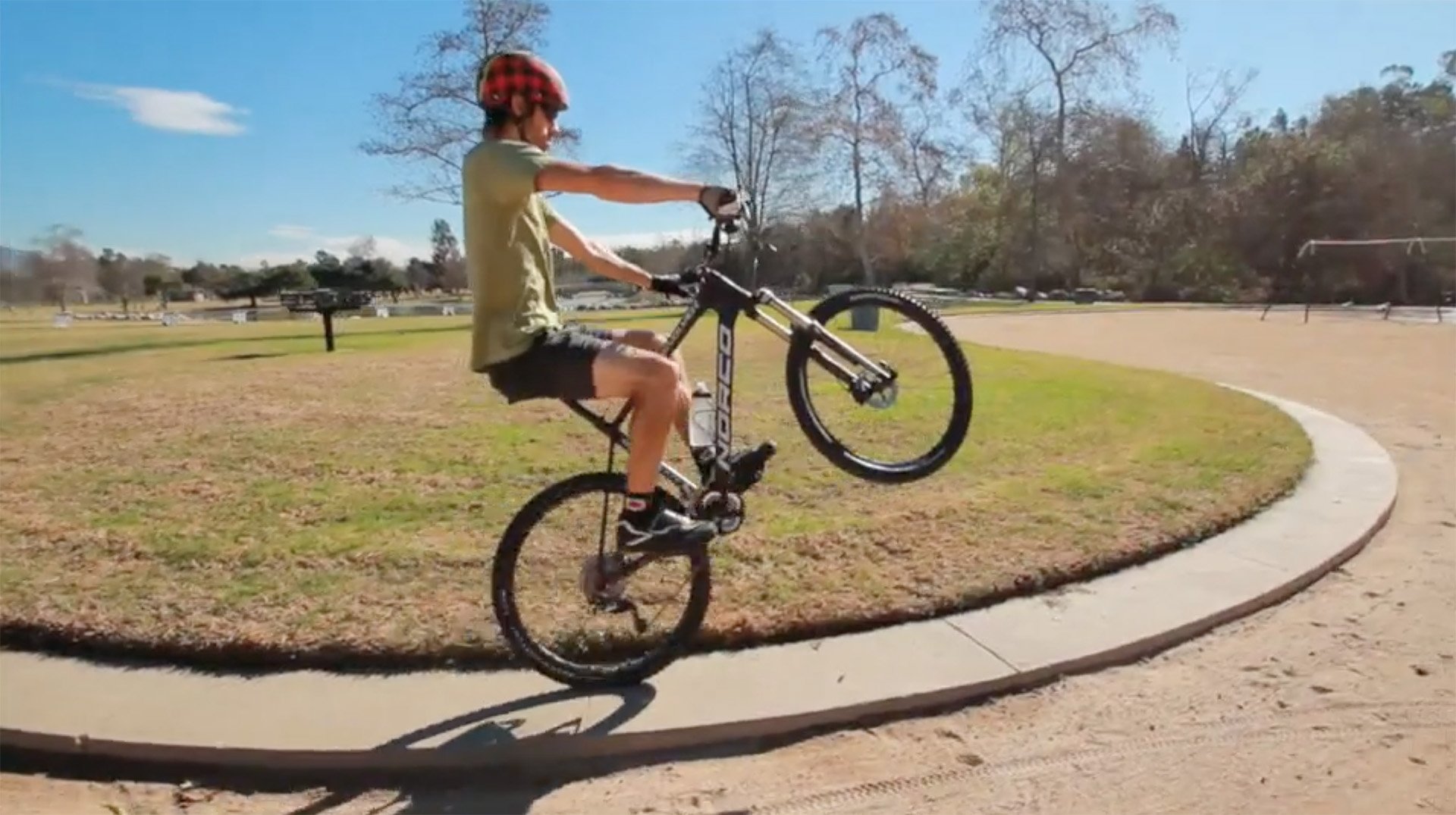
Ryan's courses are all about progression. In this lesson on wheelies Ryan breaks down cornering on your rear wheel.
Thinking about this topic led me directly to Ryan Leech. Trials is essentially all practice. Those who excel are able to work on skills at the edge of their ability almost constantly; hopping onto ever higher obstacles, leaping longer distances and riding skinnier and higher features. And once a goal has been achieved it must be refined; Ryan’s film Manifesto introduced a style of trials with no setup or recovery hops that was embraced by Danny MacAskill and others. Ryan says it like this; “I don’t consider myself a pro rider, I consider myself a pro practicer.”
Beyond Ryan’s own journey with deliberate practice, he has used his experience to develop online courses for mountain bikers of all stripes. He will teach you to wheelie (whether you have the gene or not), to corner more effectively, to manual, to bunny hop; you name it. To teach you any skill or building block, Ryan applies both deliberate and purposeful practice. But before that he asks you to engage mentally.“Deliberate practice needs two key ingredients for successful outcomes: An attainable goal and more importantly a deep desire to accomplish that goal that goes beyond ego projects.” Ryan asks his students why they want to learn a skill, and this question is presented in a variety of ways to put these “transient thoughts” into words for clarity. Ryan wants to ensure your success by having you understand why you’d like to achieve your goal, even if that is simply to impress your buddies.
Attainable goals for skills like wheelies or bunny hops are easily measured, literally with a tape measure. But with cornering it gets trickier. Generating forward momentum by turning on flat ground is one example of a building block Ryan uses to improve cornering awareness, because most of us corner subconsciously. “To improve, we need to first become aware of our current habits before we can experiment with adding new and more effective technique strategies.”
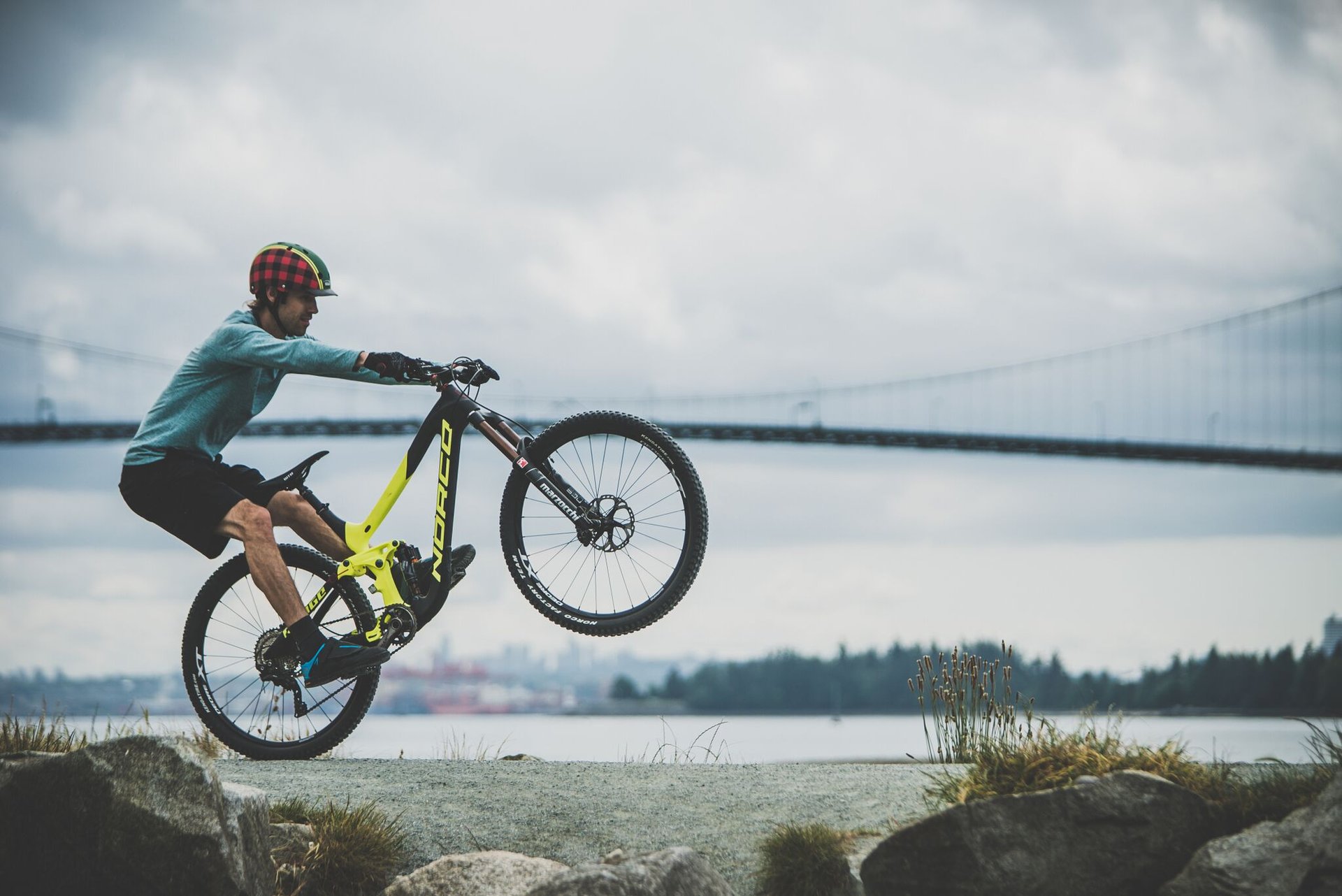
Ryan's courses will teach you to wheelie, manual, corner and more. His first course, the 30-day wheelie challenge, will take you from not being able to lift your front wheel to doing tricks riding on your rear wheel. Photo - Connor Macleod
Ericsson, in an episode of the Freakonomics podcast, uses Mozart as an example of someone who was thought to have innate natural ability; a born genius. But Ericsson points out that Mozart started very young and worked very hard. Beyond that he wouldn’t be considered a prodigy by today’s standards; “If you compare the kind of music pieces that Mozart can play at various ages to today’s Suzuki-trained children, he is not exceptional. If anything, he’s relatively average.”
Part of this disparity relates to the fact that human performance improves over time. Many factors contribute to this tendency, but Ericsson believes much of it relates to how we have learned how to learn. And this is where deliberate practice comes in; "deliberate practice develops skills that other people have already figured out how to do and for which effective training techniques have been established.” By studying the techniques of those who are accomplished or by using the methods of teachers who have shown strong results, we can leapfrog those who came before and dramatically improve our own results.
To be effective, deliberate practice must focus on specific outcomes rather than vague overall improvement. Without clear goals it is impossible to evaluate the success of what you are doing and make necessary adjustments. And it must also be challenging.
Because deliberate practice involves working on skills that are just beyond our reach, it can be a frustrating and tiresome process. Unless you are outside your comfort zone you are unlikely to get results. Ericsson explains, "Deliberate practice relies on this fact that if you make errors, you’re going to find ways to eliminate those errors. So if you’re not actually stretching yourself outside of what you already can do, you’re probably not engaging in deliberate practice."
Ryan doesn't share Ericsson's view that this must be unpleasant. "When there is a deep desire to learn and progress, then no matter how much fun can be had doing something else, I’ll choose deliberate practice because the nourishment and satisfaction that occurs are on a completely different spectrum that is much more alluring for me."
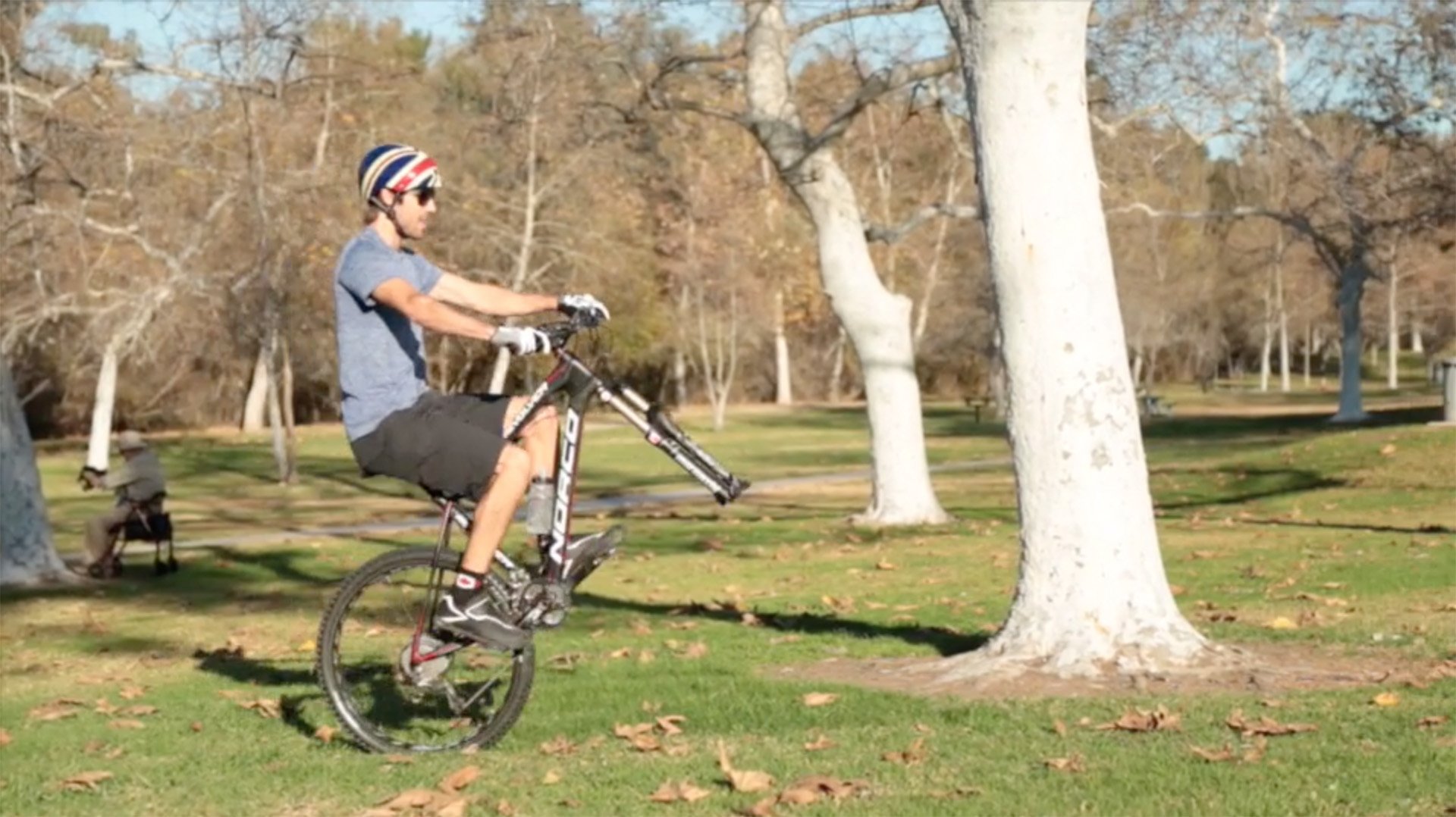
"I was always somewhat annoyed with this description, similarly with the phrase ’he’s a natural’, because it didn’t seem to honor the ridiculous amount of time I spent practicing!" - Ryan Leech
Many other sports, like skiing, swimming or tennis, have traditions that involve lessons, study and instructor qualifications. Mountain biking has always lagged in this area. Early on there were few instructors and virtually none with credentials but even today when schools and instructors are becoming more plentiful, riders don't gravitate toward clinics and personal instruction. There are other ways to learn and improve but without expert guidance, your rate of improvement won't likely be mind-blowing. Thankfully we live in the age of internetz where you can find tutorials on everything from building a turbo jet engine, tying your shoes more effectively to the 4 party tricks everyone should know. And 'how to mountain bike' serves up over 20k results on youtube alone. Or you could allow Ryan Leech to be your personal instructor
To sum up:
Deliberate practice is a highly structured activity engaged in with the specific goal of improving performance.
Tips to make your practice deliberate:
1. Be clear about your motivation. Write down why the goal is important to you. This will keep you on task when you lose focus or get frustrated.
2. Make goals that are specific and measurable and record your progress. ie. Wheelie 10 metres in 14 days.
3. Aim your practice beyond the edge of your current competence. If you can wheelie for 100 metres it's time to learn to manual. Learning occurs when you are stretching your abilities and trying to correct mistakes. You'll also get regular feedback by trying to correct mistakes allowing you to make corrections. Practicing will improve your skills in your areas of competence as well. It should be hard but, at least according to Ryan, it can still be enjoyable.
4. Learn from experts. Use the internet, take a course or observe the practice of riders who are committed to and known for improving their skills.
The bad news, for some of us at least, is that we all have a genetic ceiling. Whenever researchers look for genetic traits that explain ability they tend to hit paydirt. Within these limitations we can all improve if we are tenacious and curious, and recent discoveries of neuroplasticity indicate that our mental abilities can continue to grow indefinitely.
Look out Aaron Gwin...
Ryan Leech's courses are reasonably priced and there are even some free courses once you create an account for yourself. Find out more here...
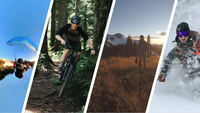

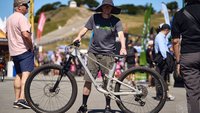

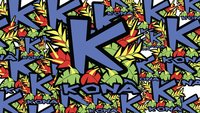
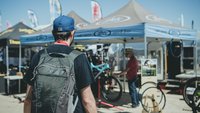
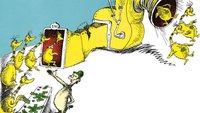
Comments
eurotrash
7 years ago
Hey guys!
Long time reader, first time commenter. This sight has always been my go to for quality mtb content in a friendly environment.
This article really hits home as I have been mountain biking for 16 years and ride double blacks regularly. However I could never wheelie or manual and was always envious of those who could. For my 32nd birthday I promised myself that this would be the year that I stopped dreaming about those things and actually dedicated time to adding those skills to my repertoire. I subscribed to Ryan's website and within two months can do both pretty darn well now! There is so much incredible content on his website and I feel like I have relearned how to ride my bike in the last couple of months.
I am having more fun and going faster than I ever thought possible. I dedicate an hour every night or two increasing these skills as well as adding height to my bunny hop. Im jumping over sections of trail now that make me giddy just thinking about it.
The $19 dollars a month I've spent for the last two months has been cheapest and most beneficial investment I've ever made in regards to mountain biking.
Thank you Ryan for the incredible tutorials you have put together and thanks NSMB for sharing the good word.
Cheers,
Greg
Reply
Pete Roggeman
7 years ago
That's awesome to hear, Greg. I'm sure Ryan will be super pumped to read about your progress.
Reply
WNCmotard
7 years ago
I need too look into Ryan's program myself. I want to learn to manual so badly I can't stand it. And from what I've seen of Ryan, he's really a stand up guy, and someone I would not mind giving my money.
Reply
norman
7 years ago
Im far removed from riding these days, but when I rode trials, Ryan was one of the nicest guys around. Always made time to take and never had an ego. Robin Coope (i'm dating myself now) was very similar.
Reply
WNCmotard
7 years ago
Yeah, he strikes me as that type. Just really dedicated to the sport, and stoked to see others learn and progress.
Reply
Max Picton
6 years, 11 months ago
I had to create an account just to add a comment here - I also subscribe to Ryan Leech and I have to say his teaching methods are phenomenal.
I would also like to recommend to anyone looking to step up their game - read the book "The Talent Code" by Daniel Coyle. It builds upon some of the philosophy presented in the above mentioned books. It goes into deep practice and the science of talent and is an invaluable read for anyone looking to achieve higher levels of performance in any field. Ryan Leech's course is right on point with the teachings in this book!
Cheers!
Reply
Cam McRae
5 years, 2 months ago
I'm reading that right now, which is what led me to share this article again (and since it's a holiday here in Canada!). It's an excellent read so far.
Reply
DanL
5 years, 2 months ago
Thanks for throwing this article up here again.
Reply
Dominic Meacher
5 years, 2 months ago
Cam, you might also like to check out Talent is Overrated by Geoff Colvin. He elaborates further on the 6 rules of deliberate practice.
The topic of natural talent is one of my favourites, because I don't believe in it and I think others use the idea of gifts bestowed on someone from birth, as an opportunity to let themselves off the hook - for their own perceived lack of ability and lack of willingness to acknowledge exactly how much work goes into becoming really good at something.
So when you discuss it with people the conversation can get quite heated.
I like what Ryan said and I say this to people myself that to confer natural talent on someone is actually an insult to the hours and hours of (deliberate) practice they have put into their skills.
Thanks for writing this article, it's great to have someone as accomplished as Ryan debunk natural talent too.
Dom
Reply
Dominic Meacher
5 years, 2 months ago
The Talent Code is a great book, Talent is Overrated by Geoff Colvin was the first book that got me started on this idea of natural talent.
Reply
ilse
4 years, 8 months ago
Female; psychologist and avid MTB fan. This was was an inspiring post!
Recently took a camp from Gene Hamilton from BetterRide and he's a pioneer in mountain bike coaching in the US. This year he'll be coaching for 20 years! His blog articles are a treasure chest of tips and sage advice.
Reply
Reed Holden
5 years, 2 months ago
This comment has been removed.
Dan
5 years, 1 month ago
Thanks for re-posting, Cam, as it reminds me to commit to re-learning the skills of manuals and wheelies. I was decently capable in years past but lately as I have grown older and leisure time gets more and more precious, "deliberate practice" is an afterthought at best.
Really looking forward to some sunbeams to melt the Bellingham snow (shakes fist at sky) so I can apply Ryan's lessons in a nearby parking lot after work. Twenty- and thirty minute blasts of focused, intentional skill-building are easy to add to the mix.
Reply
an
5 years, 2 months ago
I also had to create an account just to add a comment here.
I think Gene Hamilton from BetterRide.net is the real master!!!
Or is not?
So guys, let't make a deal: I disable my addblocker if you promise that you stop use advertorials masked as editorials.
Reply
Pete Roggeman
5 years, 2 months ago
Hi an,
This is not an advertorial. It is original content, written by our editor, Cam, who wrote it because he perceived real value in Ryan's teaching and wanted to pass that along to our readers - along with some of his own thoughts on the topic. If it were sponsored content, we would identify it as such.
Ryan Leech has been a fixture as a Trials and MTB pro for more than 2 decades, and he has been a friend to NSMB and an inspiration to thousands in that time. Whomever you think is the 'real master' is up to you - we aren't looking to crown a single king.
Hope you got something out of the article, and that you come back soon to enjoy something else we publish. I think if you take a look around you'll notice that we heavily favour original content, and that we work pretty hard to avoid publishing content that reads like an advertorial.
Pete
Reply
Cam McRae
5 years, 2 months ago
We definitely didn't get paid to write that, and it was my idea to get Ryan's input because I thought it would add to the article.
Getting paid sounds nice though...
Haven't heard of Gene Hamilton, but Ryan is certainly a master by any measure.
Reply
Please log in to leave a comment.